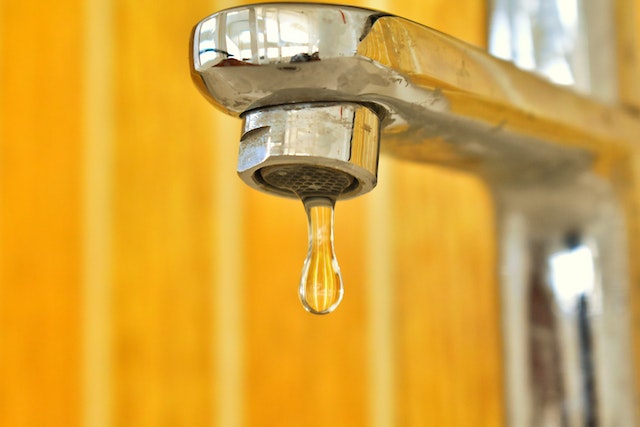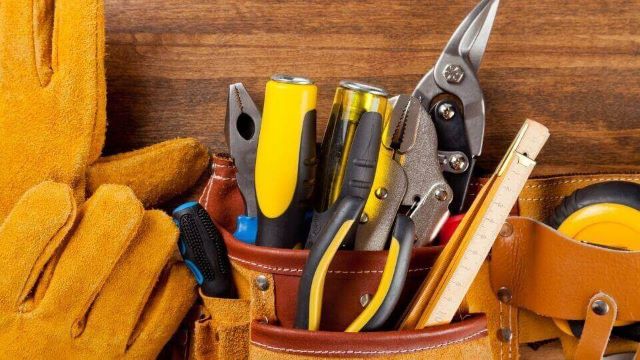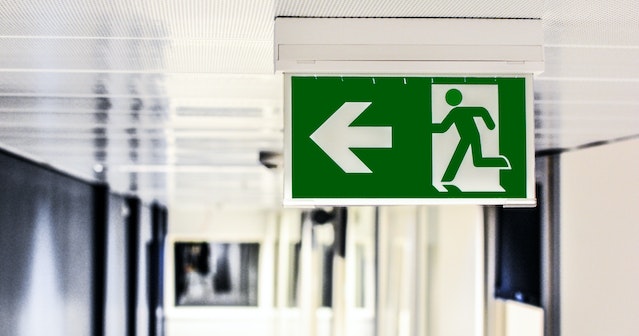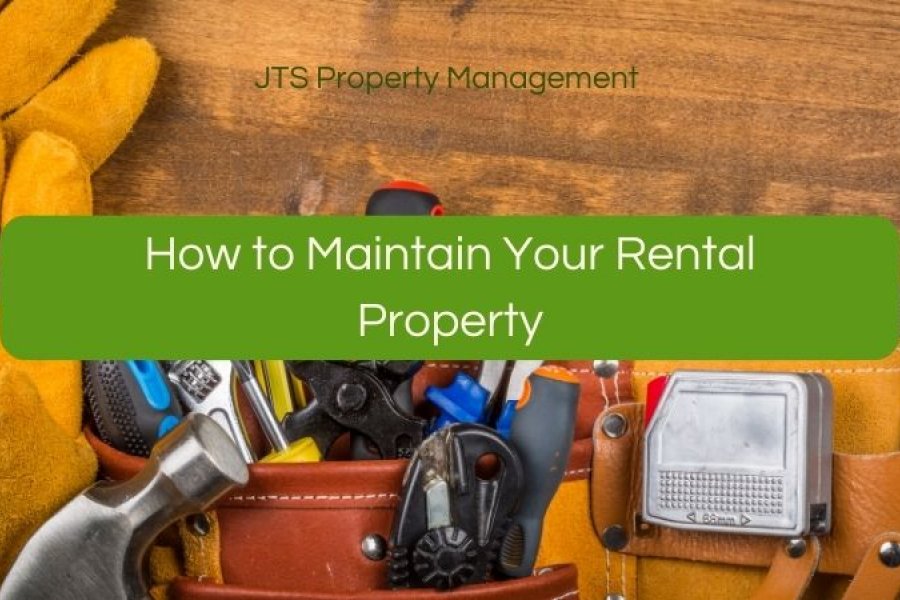As a landlord, ensuring your rental home is a habitable space for your renters should be your top priority. Through consistent property maintenance, your rental unit will continue to be a comfortable place for the renters to reside in as long-term tenants.
When you dedicate time to making your investment property livable, you also reduce repair costs since you can resolve property issues early.
If your rental space is older, you need to take even better care of it. Wear and tear quickly affects older units with the number of renters it has served over the years.
At JTS Property Management, we’ve prepared this guide that focuses on the duties of landlords and tenants in maintaining the rental property according to state laws. This way, you’ll know what to expect when it comes to your property’s maintenance!
Property Maintenance Responsibilities of a Landlord
Landlords are required to perform the following:
1. Provide Trash Containers Around the Rental Unit
Landlords should keep the environment hygienic by issuing garbage receptacles. Consider the number of residents first and the frequency of the trash collection in your neighborhood so you know how many trash bins to place in your rental unit.
2. Supply Running Water
With no available running water, residents would find it difficult to use the kitchen and bathroom to cook and take showers, which are essential in our daily lives.

Landlords must provide adequate water supply to make their rental homes a convenient and safe place to stay in. A heater is also vital so hot water is readily on hand if a tenant needs it.
3. Comply With Building Safety
To keep the rental unit safe, landlords must install smoke and carbon monoxide detectors in their rental units. If renters raise issues of mold, lead paint, and pest infestation, landlords should immediately resolve them.
Landlords should also regularly inspect the number of residents in a unit for safety reasons. Too many occupants can lead to faster wear and tear and higher utility bills.
In addition, they should see to it that home systems such as plumbing, electrical, and the foundation of the rental are functional and solid for better tenant protection.
4. Maintain Common Areas Well
If you’re renting a multi-family unit or an apartment, ensure that the common spots are clean and lighting is sufficient.
You want to prevent accidents from happening, so inspecting the stairs, banisters, and flooring is an essential maintenance task for landlords.
5. Conduct Property Repairs
Since you’re required to keep a habitable rental unit, you need to arrange for property repairs. If property damage is left unresolved, it can lead to higher repair costs.
If you find that the property damage is a result of tenant abuse and neglect, the renter must bear the expenses of renovations.

The security deposit in your keeping can be deducted for the charge of fixing damaged items outside normal wear and tear.
6. Always Inspect if Vital Services Are up and Running
If you have issues with essential home systems, such as plumbing, heating, electrical, and gas, it can massively affect the habitability of your rental property.
The landlord’s main job is to keep these systems in great working order. If any of these systems are not functional, it can create discomfort and inconvenience to the tenant.
Ways Tenants Are Legally Required to Maintain the Property
Though most people think that it’s the landlord’s sole duty to maintain a rental home, this isn’t accurate. Tenants also have duties to take care of the rental space. The law mandates them to perform basic maintenance tasks, such as:
1. Keeping the Rental Unit Sanitary
Proper trash disposal is expected from renters. Even if there are plenty of trash bins in the rental space, if the renters throw their garbage anywhere then the rental unit can become unsanitary. This can lead to health concerns and potential pest infestations.
2. Contributing Their Share to Promote a Safe Rental Home
Tenants must prevent blocking the emergency exits by getting rid of any types of barriers they’ve put in place. Safety is vital during emergencies, and access to emergency exits must be cleared.

Renters must also leave smoke alarms and carbon monoxide detectors untampered. They should also not remove the batteries from them.
3. Following the Building and Housing Codes
To ensure safety, renters must abide by property and building policies. This is the reason lease agreements provide detailed terms and conditions on how many residents must stay in a rental unit.
If the number of occupants exceeds what’s stated on the contract then excessive wear and tear can result. It also leads to paying for higher utility bills. If landlords include utility fees as part of the rental package, then this will be costly for them.
4. Avoiding Disturbing Potential Lead Paint Hazards
If a renter lives in a rental unit built before 1978, lead paint is a potential presence which poses a health risk. Residents then must not paint the walls, hang picture frames, or drill holes without letting the landlord know.
The property owner must resolve the issue first to limit the danger of the lead paint, especially if children reside in the unit.
5. Respecting the Property
Renters must continue to treat the unit well by cleaning reasonably. Other activities they can do to maintain the upkeep of the rental unit are:
- Cleaning the plumbing fixtures well and removing hard water stains
- Dusting off appliances to prevent dirt
- Reporting property issues to the landlord so proper remedy is applied
Landlords must not include a clause on the contract that shifts the full maintenance tasks to the tenants.
While an agreement can be made over conducting minor repairs, the landlord still has to attend to property maintenance and repairs of the rental unit. If renters commit property damage, then they should shoulder the cost of repairs.
Conclusion
Maintaining your rental property is necessary in order to keep your tenants safe and happy. Are you looking to team up with a trusted property manager to handle the responsibilities of maintaining your rental space? If yes, contact JTS Property Management today!


